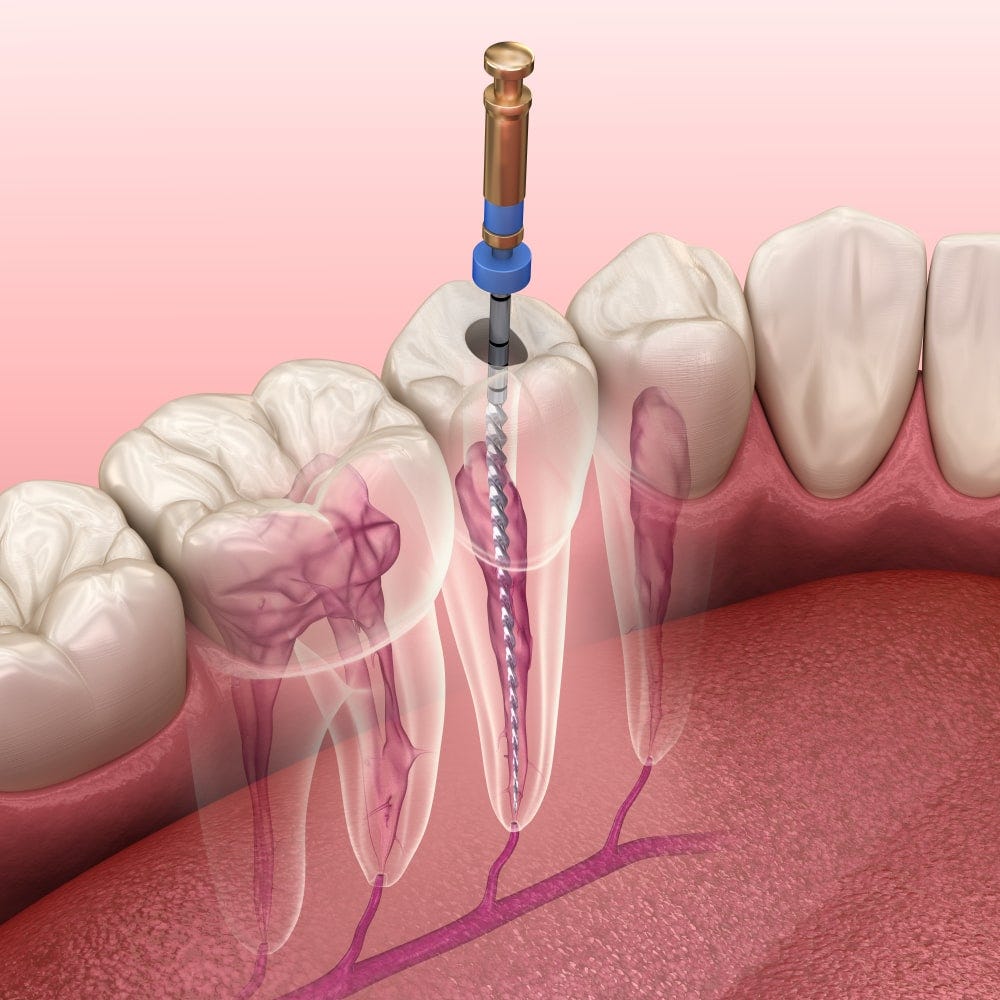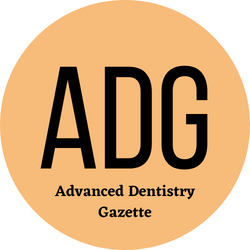Exploring Integrative Approaches to Diagnostic Dentistry: A Holistic Perspective
by siteadmin

In recent years, there has been a growing recognition of the interconnectedness between oral health and overall well-being. As a result, dental professionals are increasingly embracing integrative approaches to diagnostic dentistry, which consider not only the oral cavity but also the systemic factors that influence oral health. By adopting a holistic perspective, dentists can provide comprehensive care that addresses the underlying causes of oral health issues and promotes overall wellness. In this article, we delve into the principles and practices of integrative diagnostic dentistry, highlighting its benefits and applications in modern dental practice.
Understanding Integrative Diagnostic Dentistry:
Integrative diagnostic dentistry takes into account the complex interplay between oral health, systemic health, and environmental factors. Rather than focusing solely on treating isolated dental problems, this approach considers the broader context of a patient’s health and lifestyle factors that may impact oral health outcomes. By integrating knowledge from various disciplines such as dentistry, medicine, nutrition, and psychology, dentists can develop personalized treatment plans that address the root causes of oral health issues and promote optimal wellness.
Key Components of Integrative Diagnostic Dentistry:
- Comprehensive Health Assessment: Integrative diagnostic dentistry begins with a thorough assessment of the patient’s overall health status, including medical history, lifestyle habits, and systemic conditions that may influence oral health. Dentists collaborate with other healthcare providers to obtain a holistic understanding of the patient’s health profile and tailor treatment plans accordingly.
- Functional Medicine Principles: Functional medicine principles, which focus on addressing the underlying causes of disease rather than just managing symptoms, are integral to integrative diagnostic dentistry. Dentists explore factors such as nutritional deficiencies, hormonal imbalances, inflammation, and immune dysfunction that may contribute to oral health problems and incorporate targeted interventions to restore balance and promote healing.
- Oral-Systemic Connection: Research has highlighted the bidirectional relationship between oral health and systemic health, with poor oral health linked to an increased risk of various systemic conditions such as cardiovascular disease, diabetes, and respiratory infections. Integrative diagnostic dentistry recognizes this connection and emphasizes the importance of maintaining oral health as a key component of overall wellness.
- Functional Occlusion Assessment: Integrative dentists assess not only the structural aspects of the dentition but also the functional aspects of occlusion, or the way the teeth come together when biting and chewing. By evaluating occlusal stability, muscle function, and temporomandibular joint health, dentists can identify and address issues such as malocclusion, bruxism, and temporomandibular disorders that may impact oral health and overall well-being.
Clinical Significance and Applications:
Integrative diagnostic dentistry has significant implications for a wide range of dental conditions and treatment modalities. From preventive care and restorative dentistry to periodontal therapy and orthodontics, an integrative approach allows dentists to tailor treatment plans to address the individual needs and underlying causes of each patient’s oral health issues. By considering the whole person and fostering collaboration between dental and medical professionals, integrative dentistry promotes better outcomes and improved quality of life for patients.
In conclusion, integrative diagnostic dentistry offers a holistic approach to oral healthcare that recognizes the interconnectedness between oral health and overall wellness. By considering the complex interplay of factors that influence oral health, dentists can develop personalized treatment plans that address the root causes of dental problems and promote optimal health and vitality. Embracing integrative approaches to diagnostic dentistry empowers dental professionals to deliver comprehensive care that prioritizes patient well-being and fosters long-term oral health outcomes.
In recent years, there has been a growing recognition of the interconnectedness between oral health and overall well-being. As a result, dental professionals are increasingly embracing integrative approaches to diagnostic dentistry, which consider not only the oral cavity but also the systemic factors that influence oral health. By adopting a holistic perspective, dentists can provide…
Recent Posts
- Exploring Integrative Approaches to Diagnostic Dentistry: A Holistic Perspective
- Exploring the Fundamentals of Diagnostic Dentistry: A Comprehensive Guide
- Embracing Geriatric Dentistry: Nurturing Oral Health Through the Golden Years
- The Essentials of General Dentistry: Your Guide to Oral Health
- Delving into the World of Endodontics Dentistry: Saving Teeth, Saving Smiles
